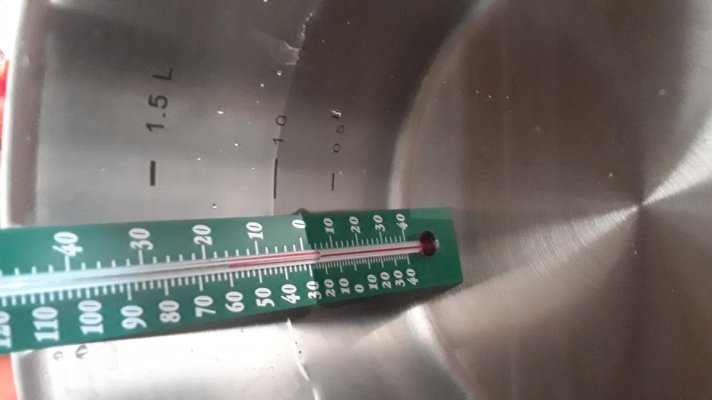Derik
Senior Member
- Joined
- Aug 21, 2018
- Messages
- 160
- Location
- United States
- Vessel Name
- Pearl Grace
- Vessel Make
- Marine Trader/Sun Deck 44
Every time I make coffee in the morning on the boat, I enjoy the little bit of heat generated from my propane cook top/stove, but our water temperatures keep it cool here at the coast almost 12 months a year.

